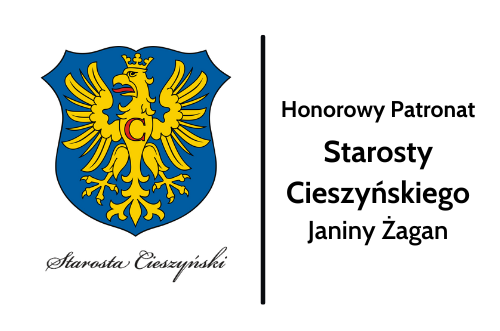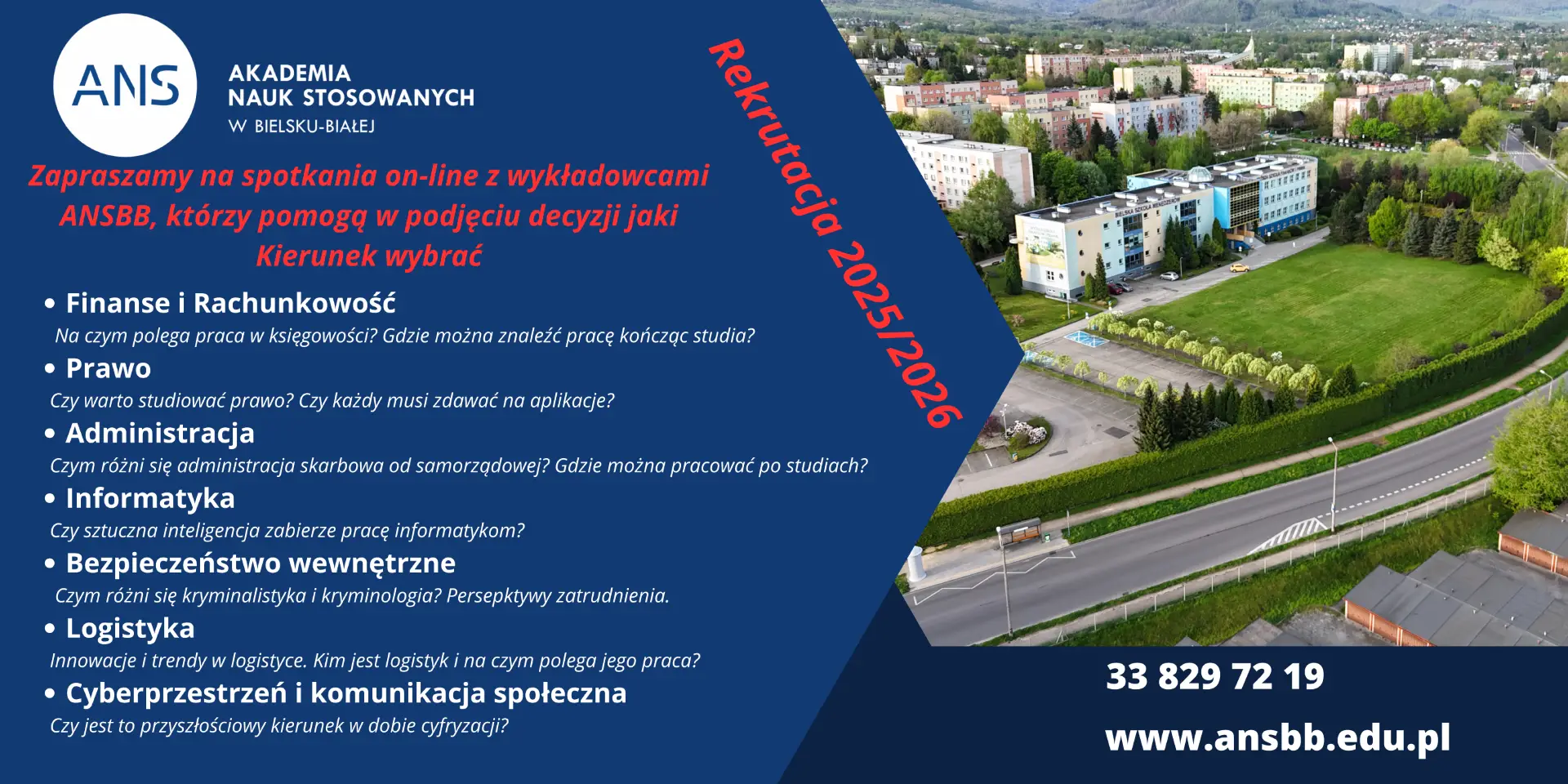The virtual world, encompassing digital spaces such as gaming, metaverse, social media platforms and blockchain systems, is growing at an extremely fast pace. As technology advances, the economy of this sector is gaining ground, creating new business opportunities, jobs and economic models.One of the most important aspects of the virtual world economy is the increasing value of digital goods and services. Virtual products such as game skins, real estate in digital spaces or unique NFT tokens are becoming increasingly desirable. This market is worth more than $200 billion in 2023, demonstrating the growing interest of consumers worldwide. Virtual transactions are often carried out using cryptocurrencies, which enable fast and secure transfers of funds. Blockchain, as an enabling technology, guarantees transparency and immutability of data, which promotes trust among users.The virtual economy is also creating new jobs that require highly specialised skills. Occupations such as VR space designers, metaversum specialists and blockchain developers are becoming increasingly popular, and their role in shaping the future of the economy is difficult to overestimate. The global reach of the digital economy eliminates geographical barriers, allowing entrepreneurs to reach an international audience without the need for physical presence.However, the development of the virtual economy brings with it numerous challenges. One of them is digital exclusion - lack of access to modern technology exacerbates social inequalities. Additionally, the virtual world is exposed to cyber threats such as data theft and financial fraud. The issue of regulation also remains problematic. Many countries are lagging behind in adapting their legal systems to the fast-changing realities of the digital economy, creating the risk of a lack of consumer protection.However, the prospects for the virtual economy are promising. Technological innovations such as virtual reality (VR) and augmented reality (AR) are opening up new possibilities in the fields of education, entertainment or medicine. As an interactive and immersive space, the Metaverse has the potential to revolutionise the way people work, learn and communicate. However, it will be crucial to develop a balanced approach that takes into account both innovation and the need for regulation and inclusivity.In summary, the virtual world economy is a rapidly growing sector that is redefining the global economy. The impact of digital technologies on everyday life and business models is increasingly visible. Regulatory, security and accessibility challenges will need to be addressed to realise the full potential of this sector. Cross-sector collaboration, innovation and education are the foundations for the further development of the digital economy, which can become one of the pillars of the future of global development.
doc. dr hab. Nazar Hlynskyy
National University "Lviv Polytechnic"










